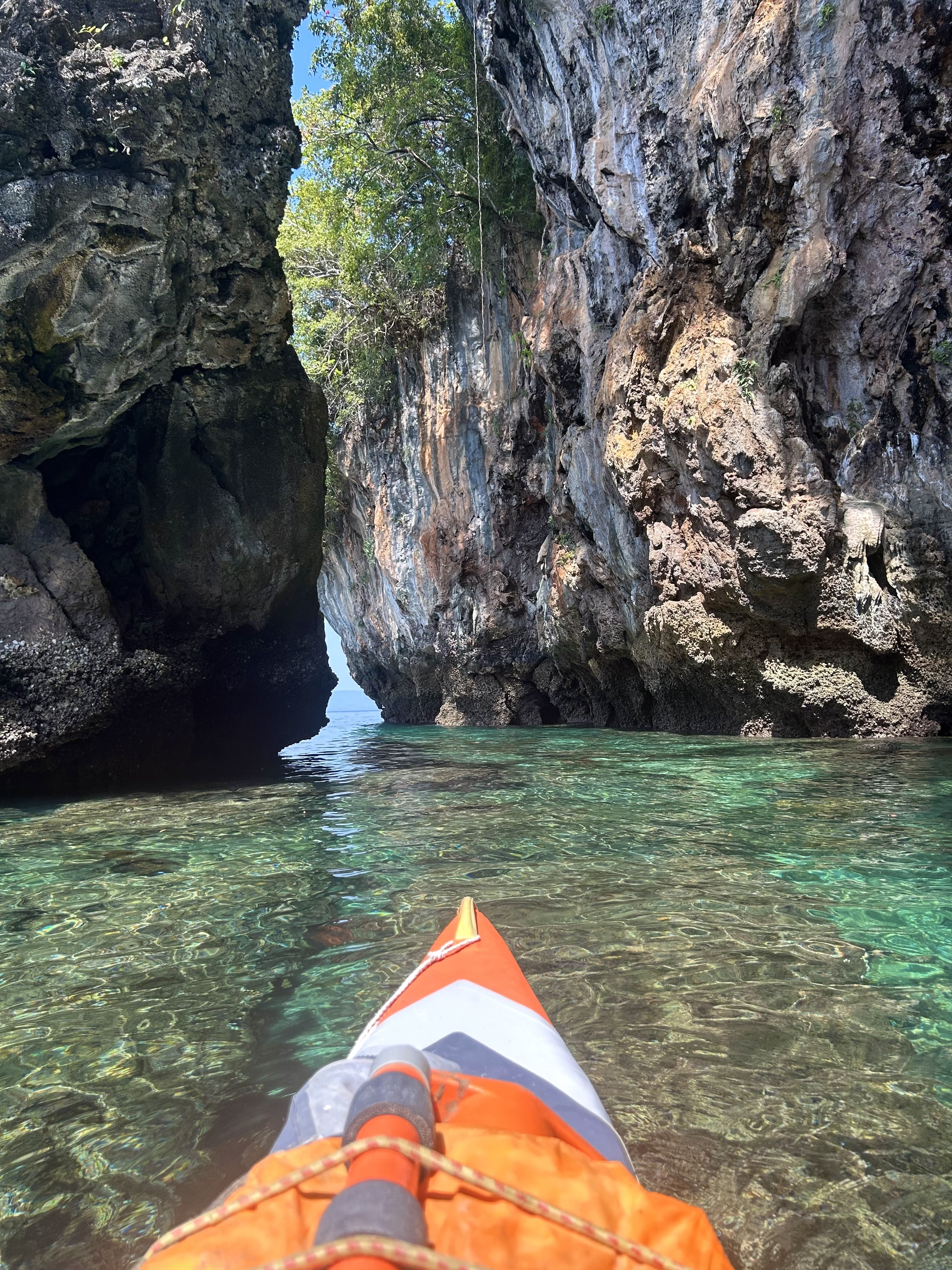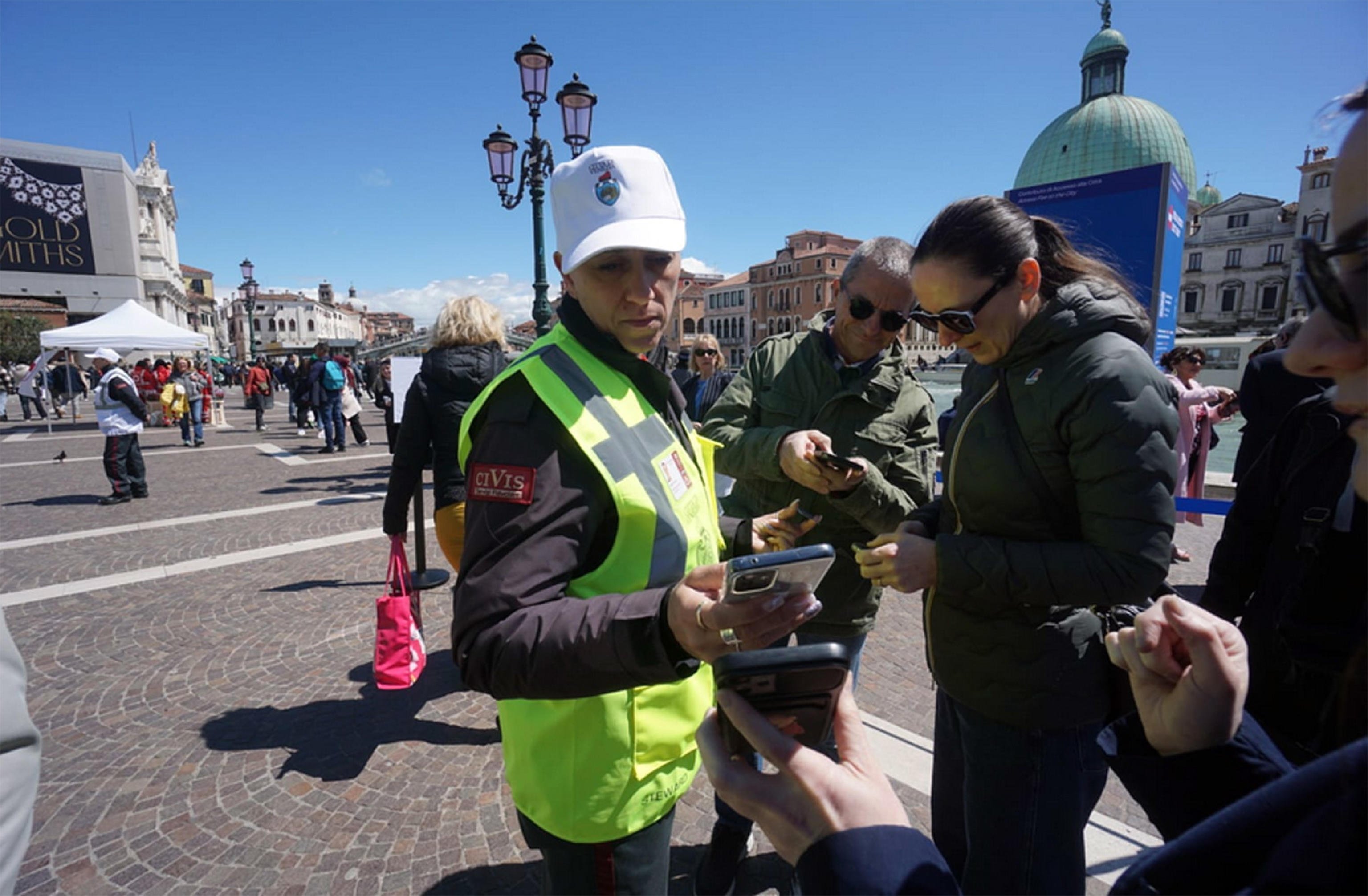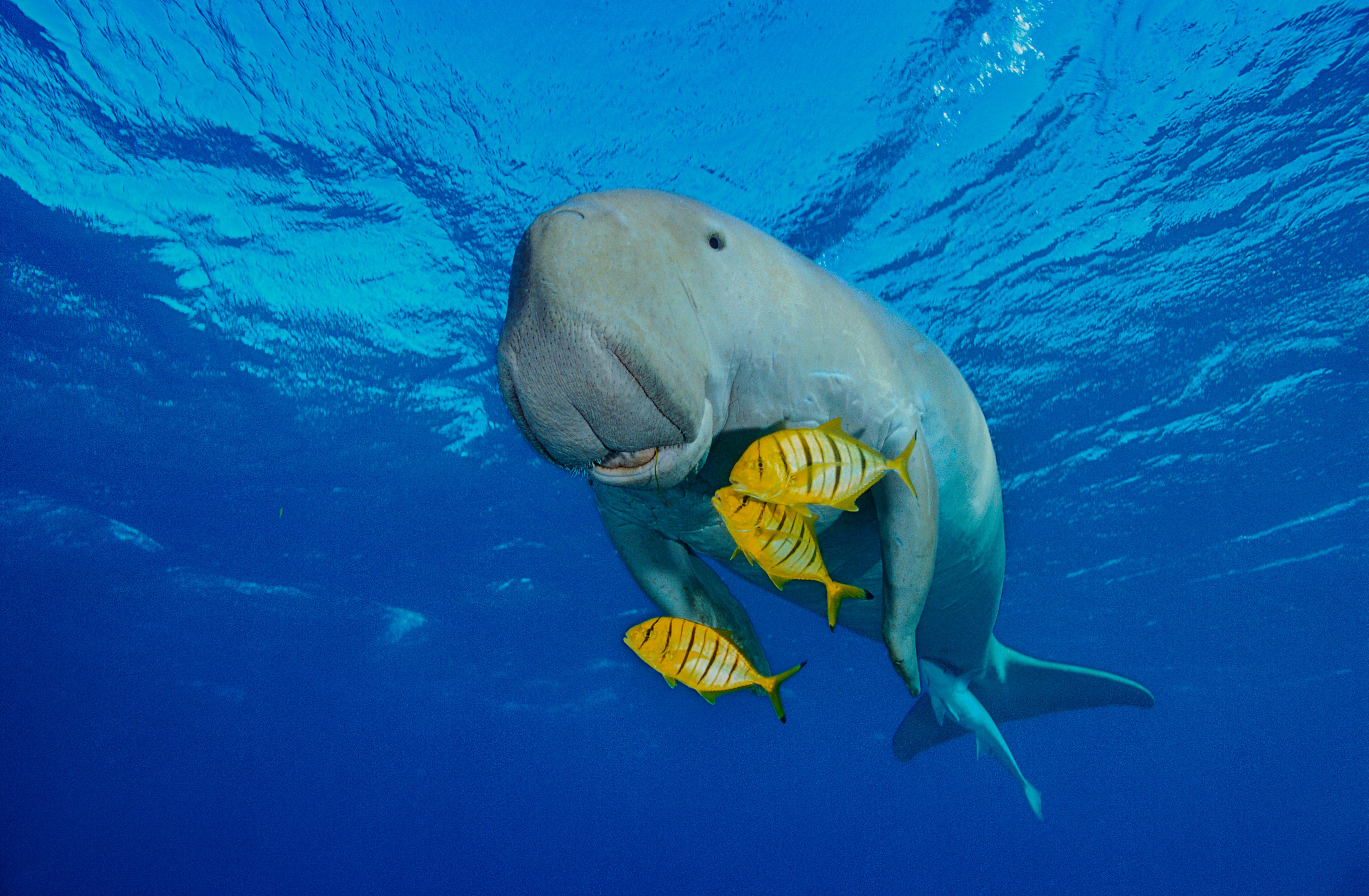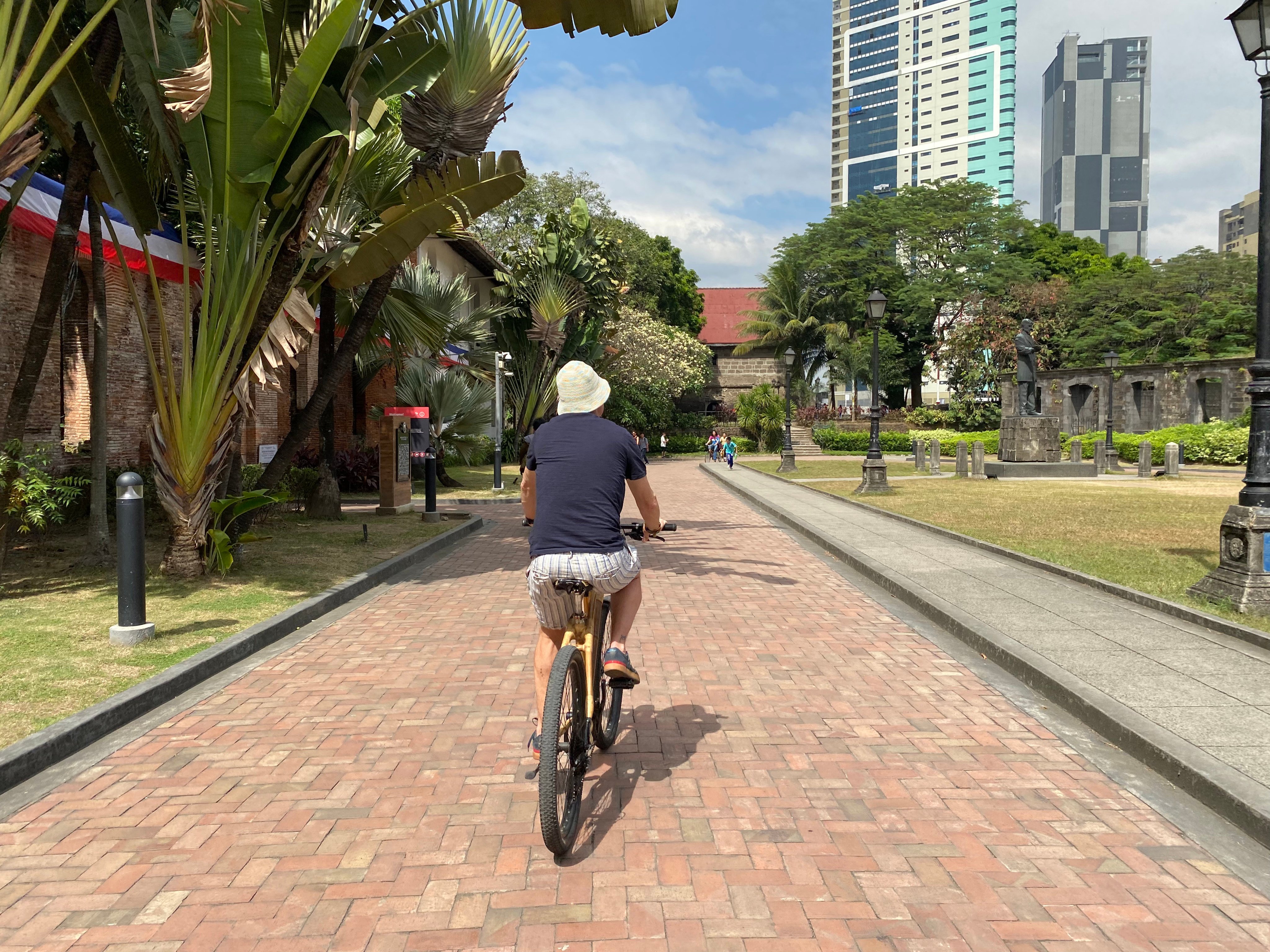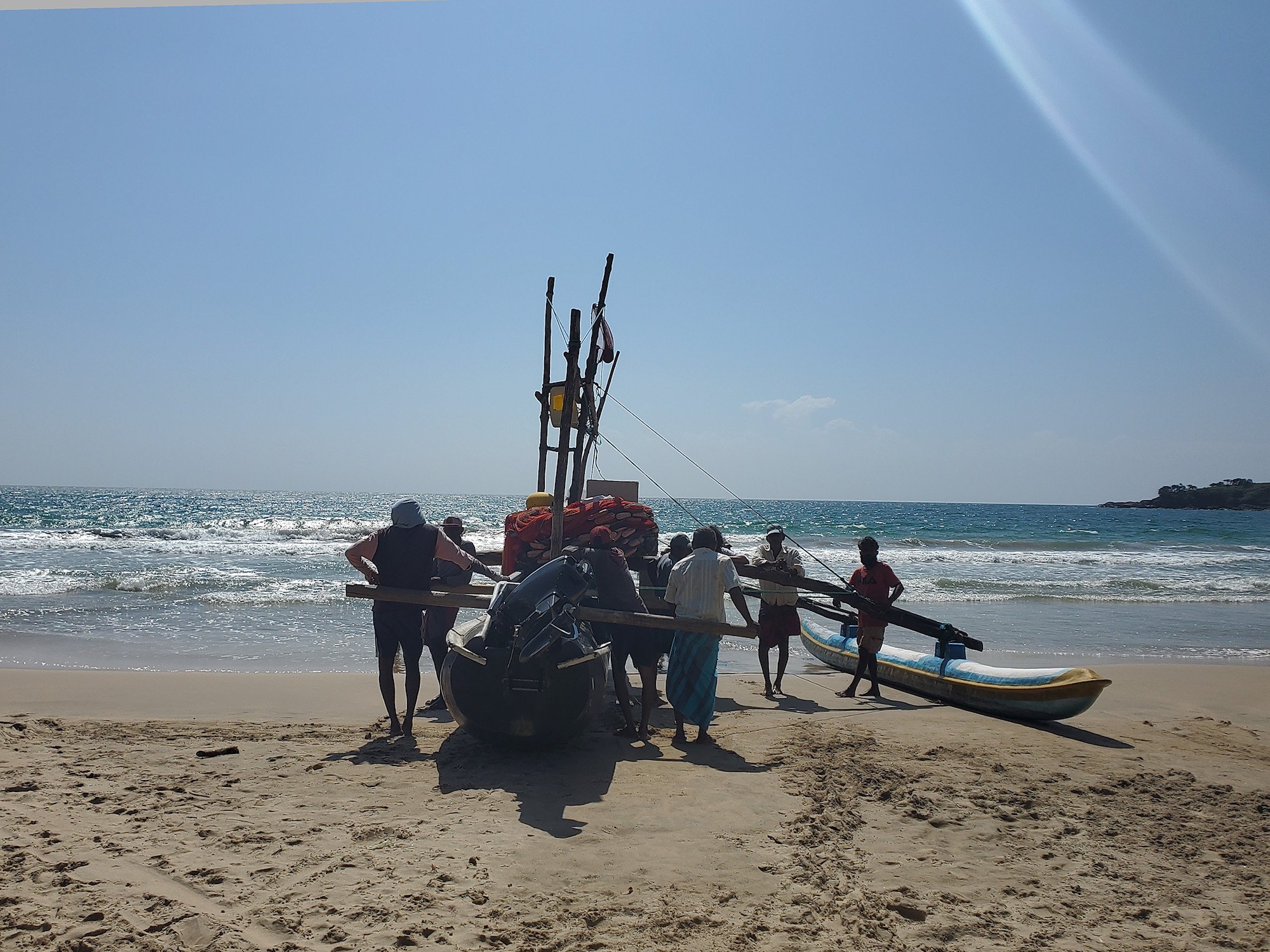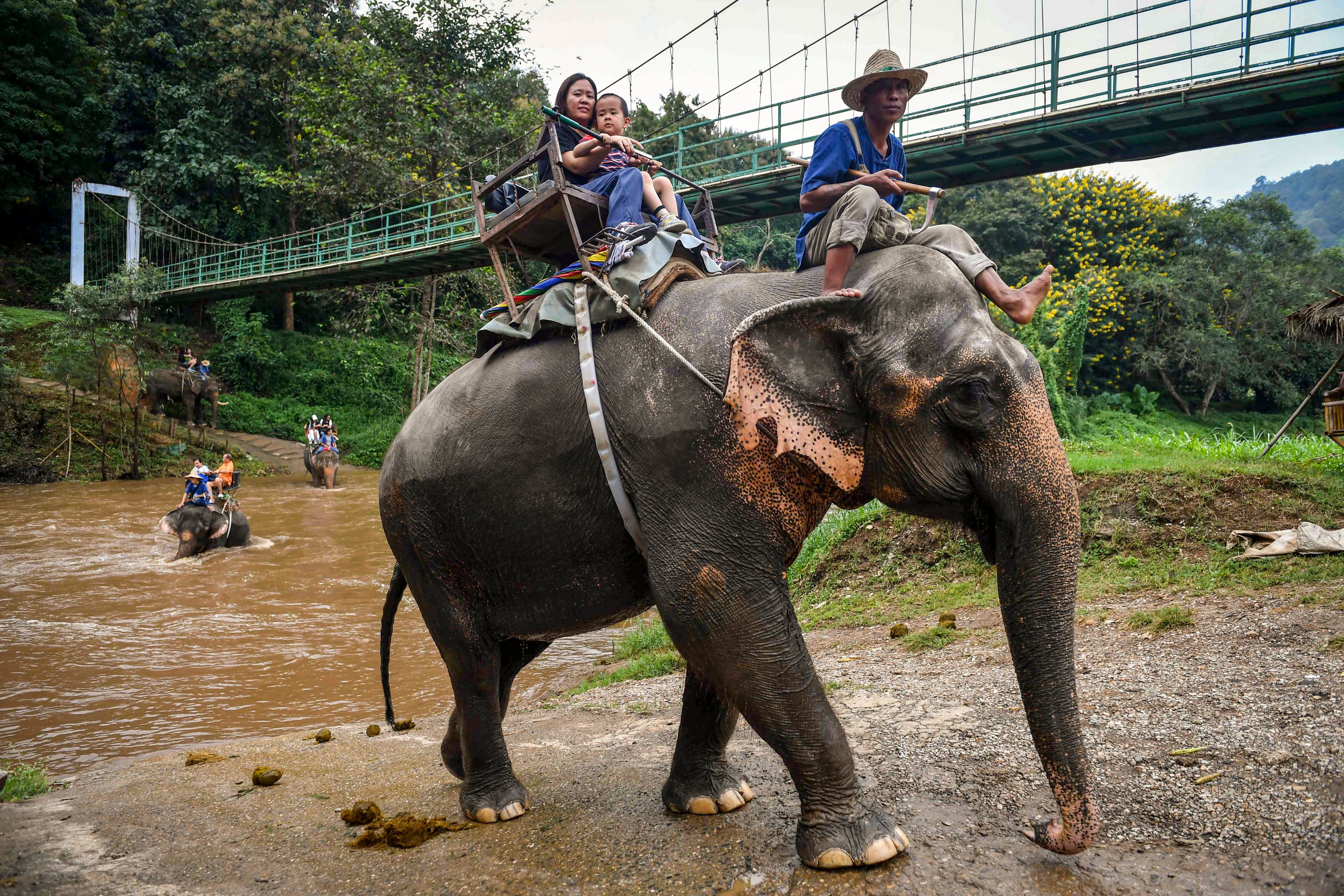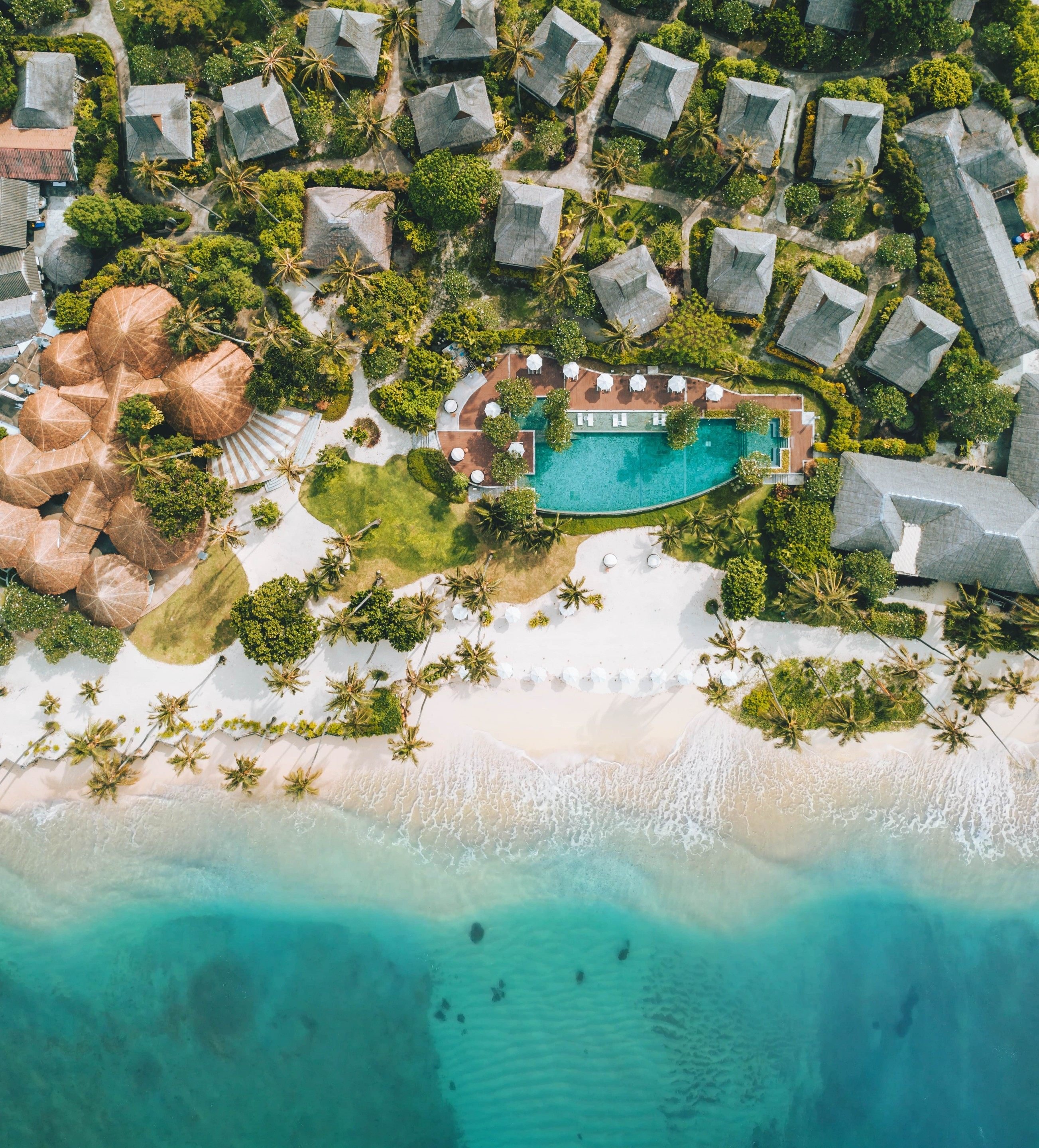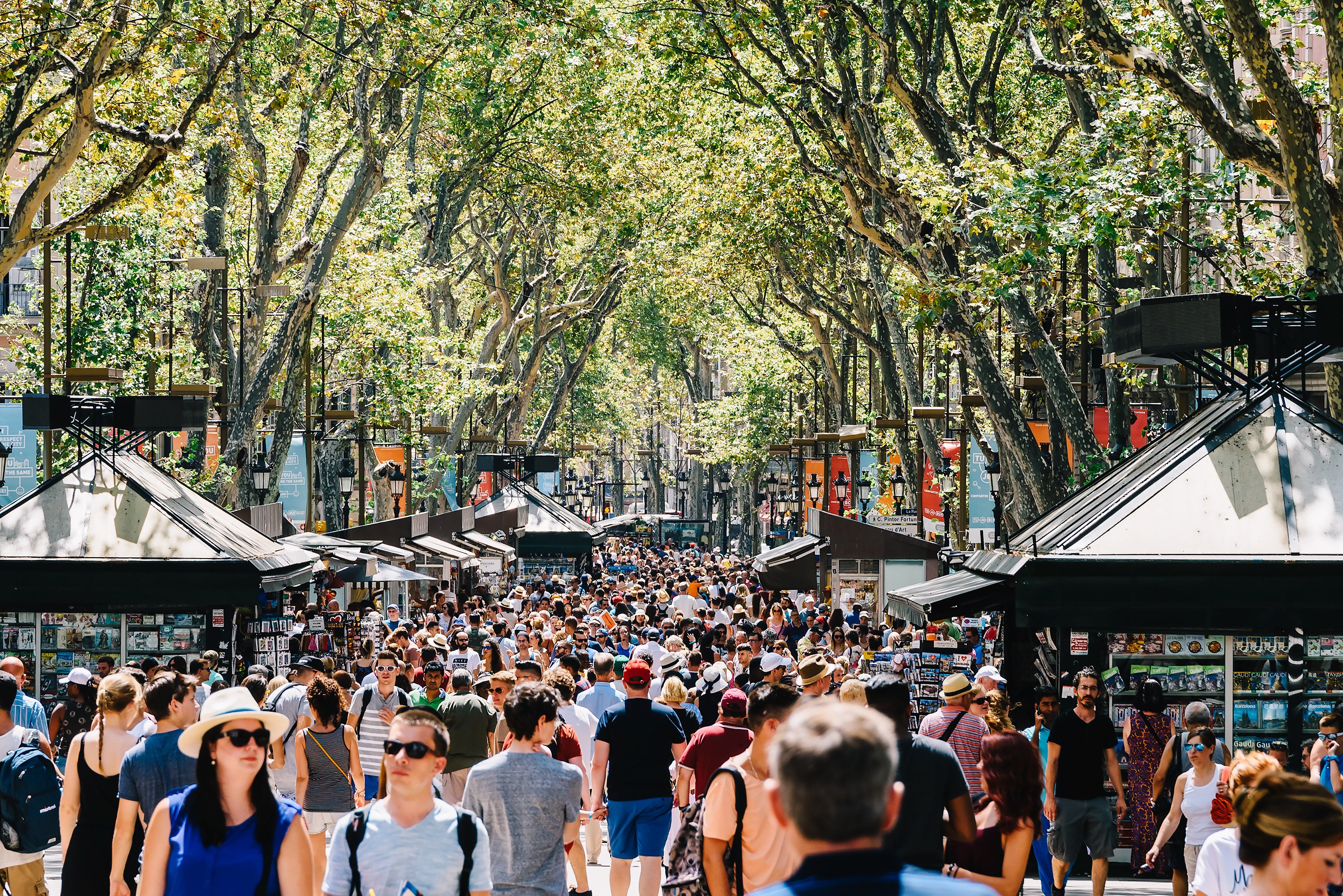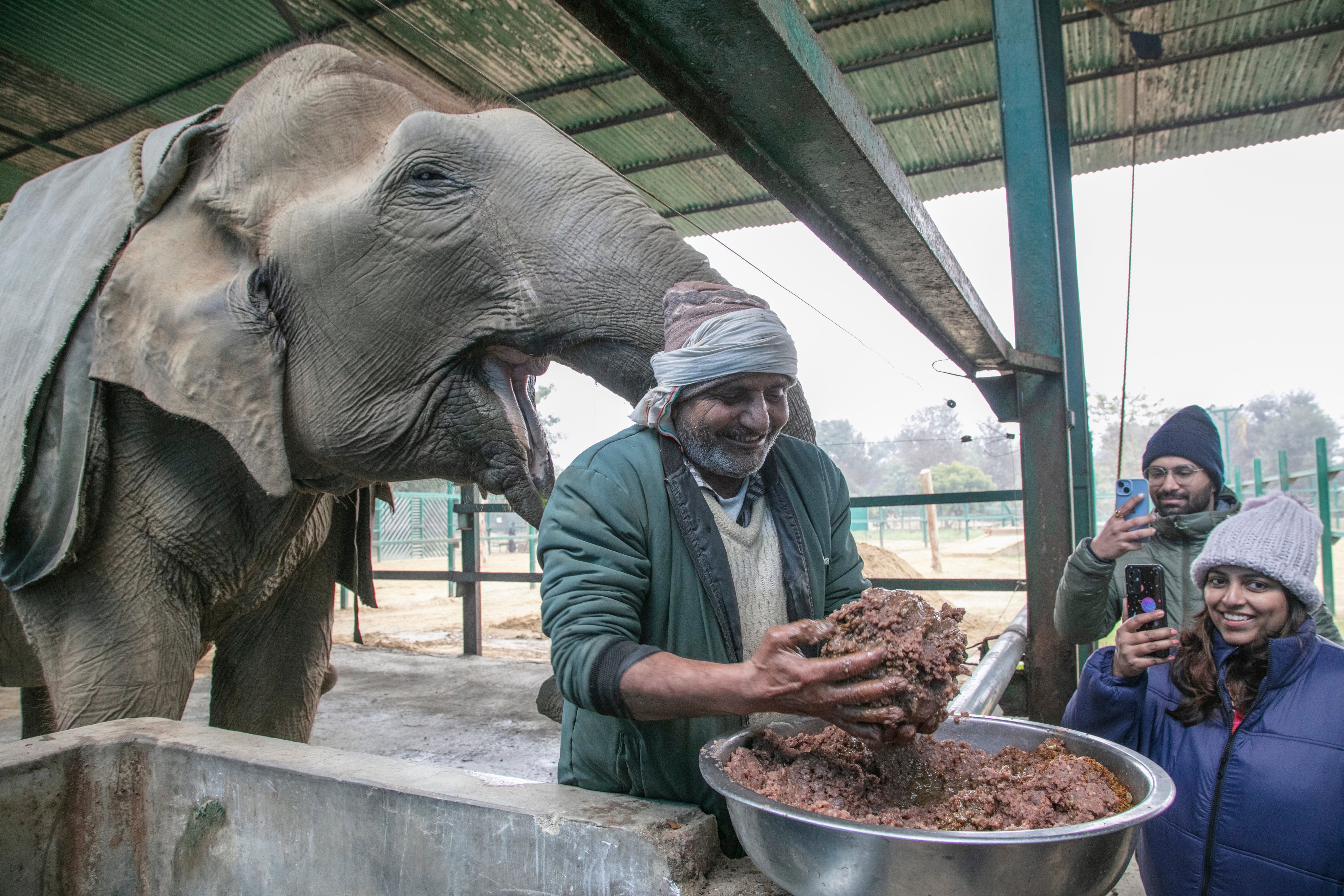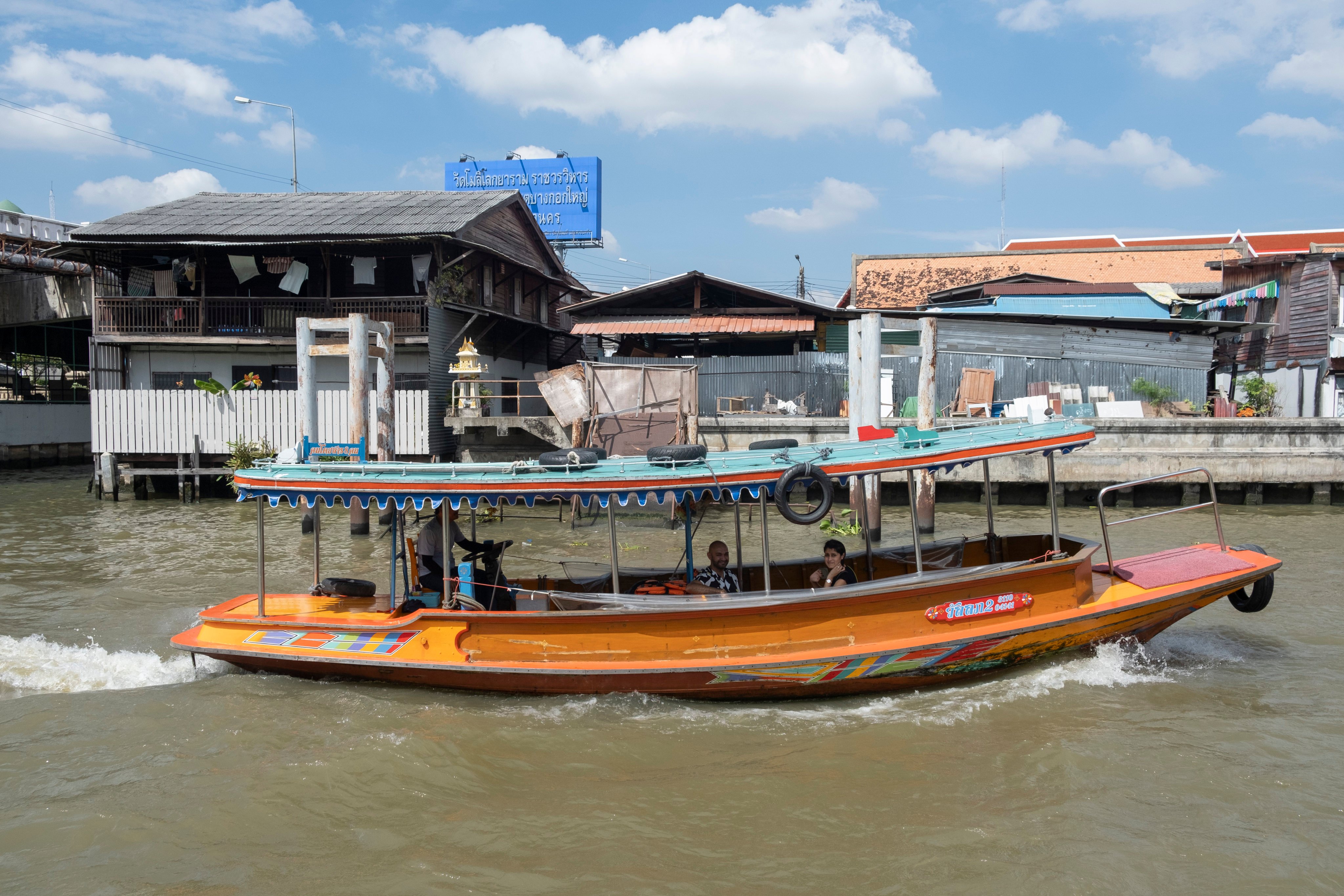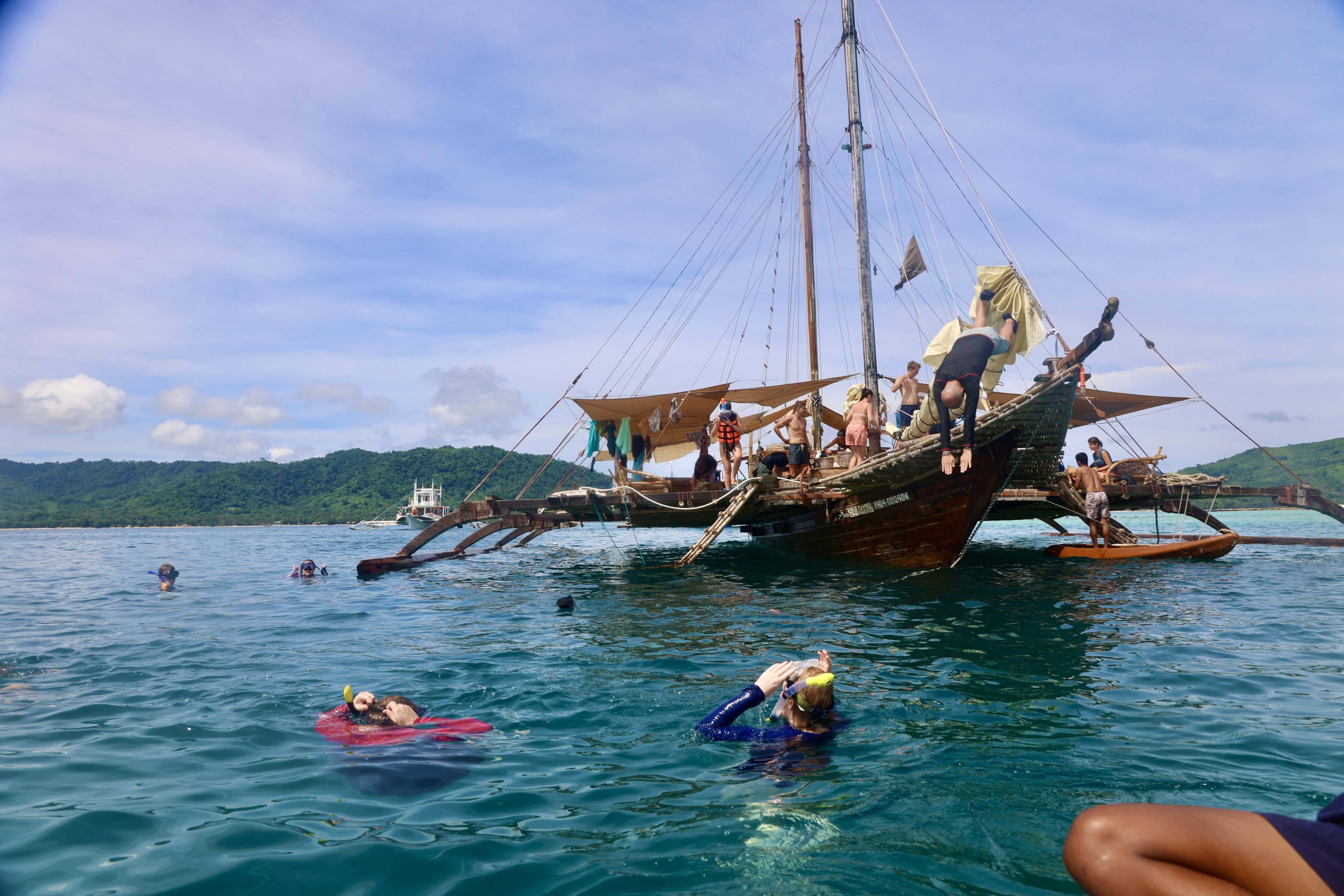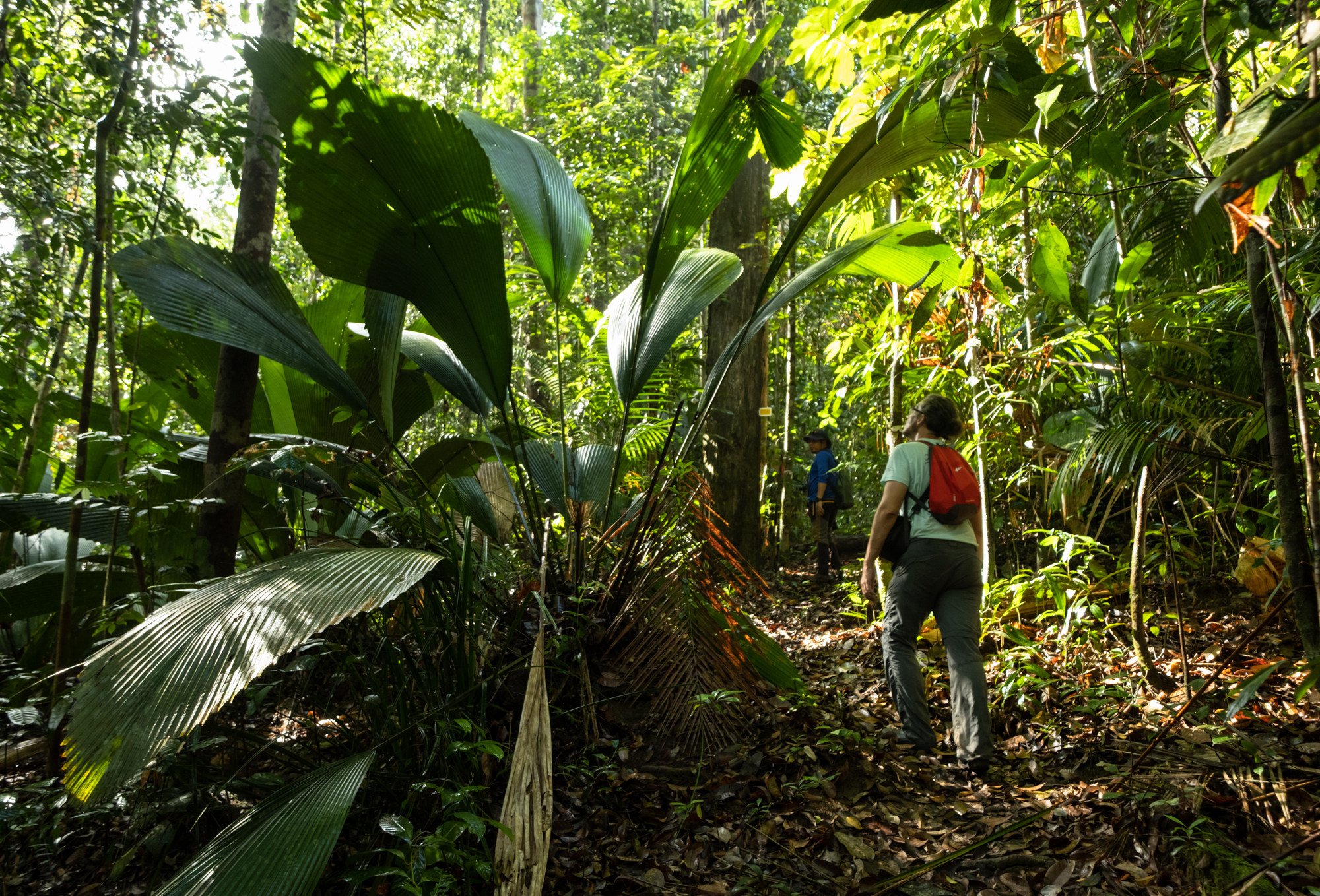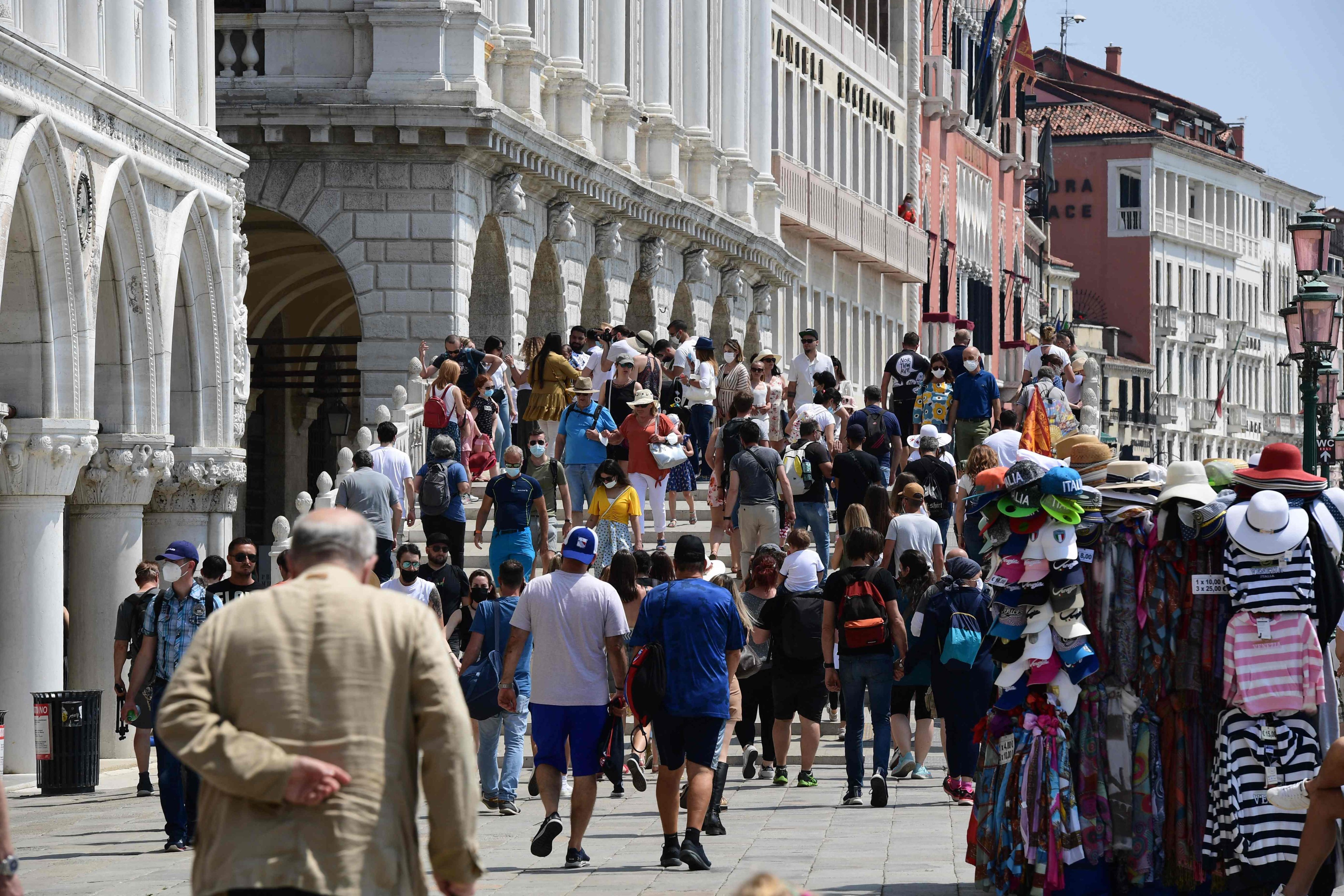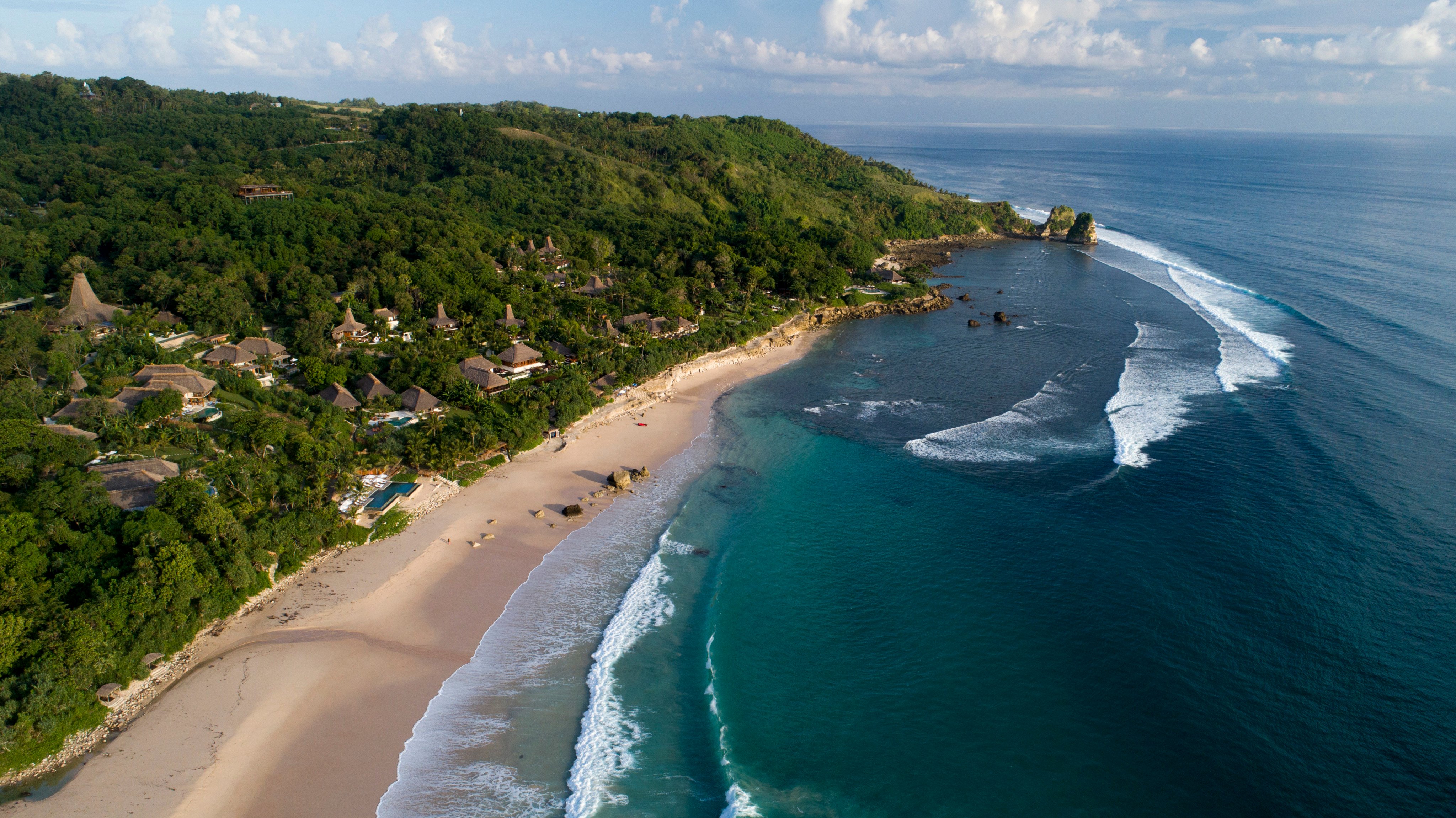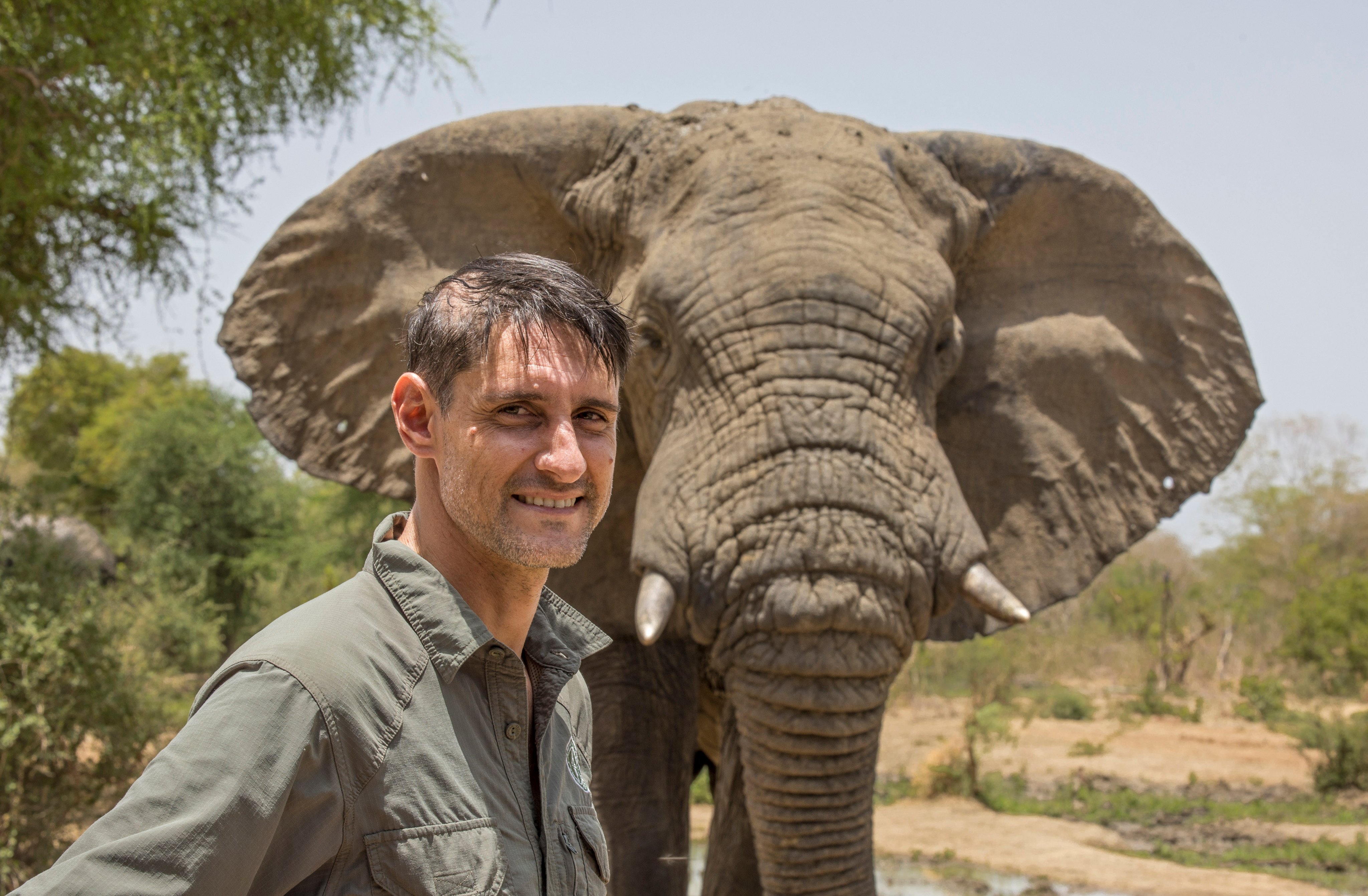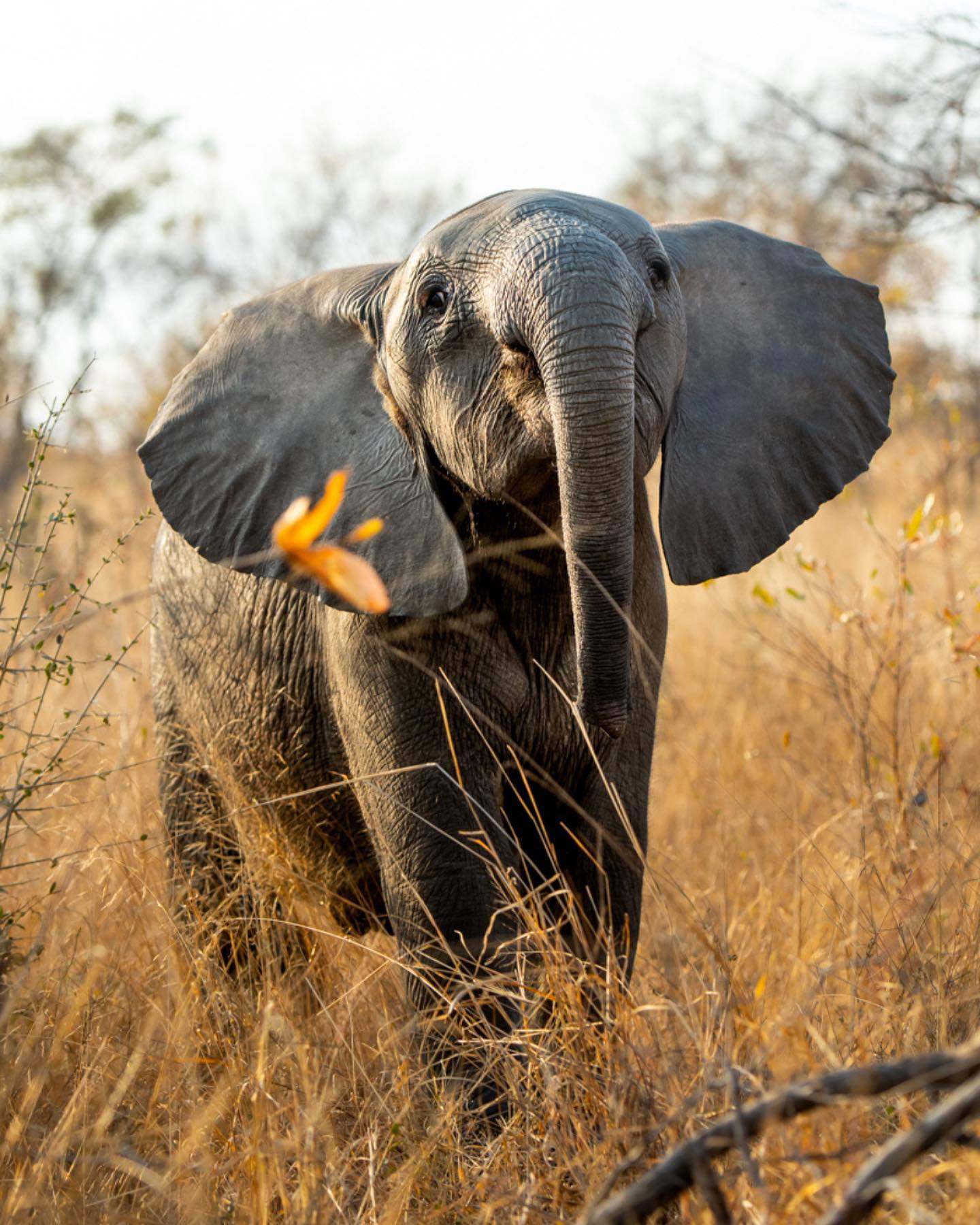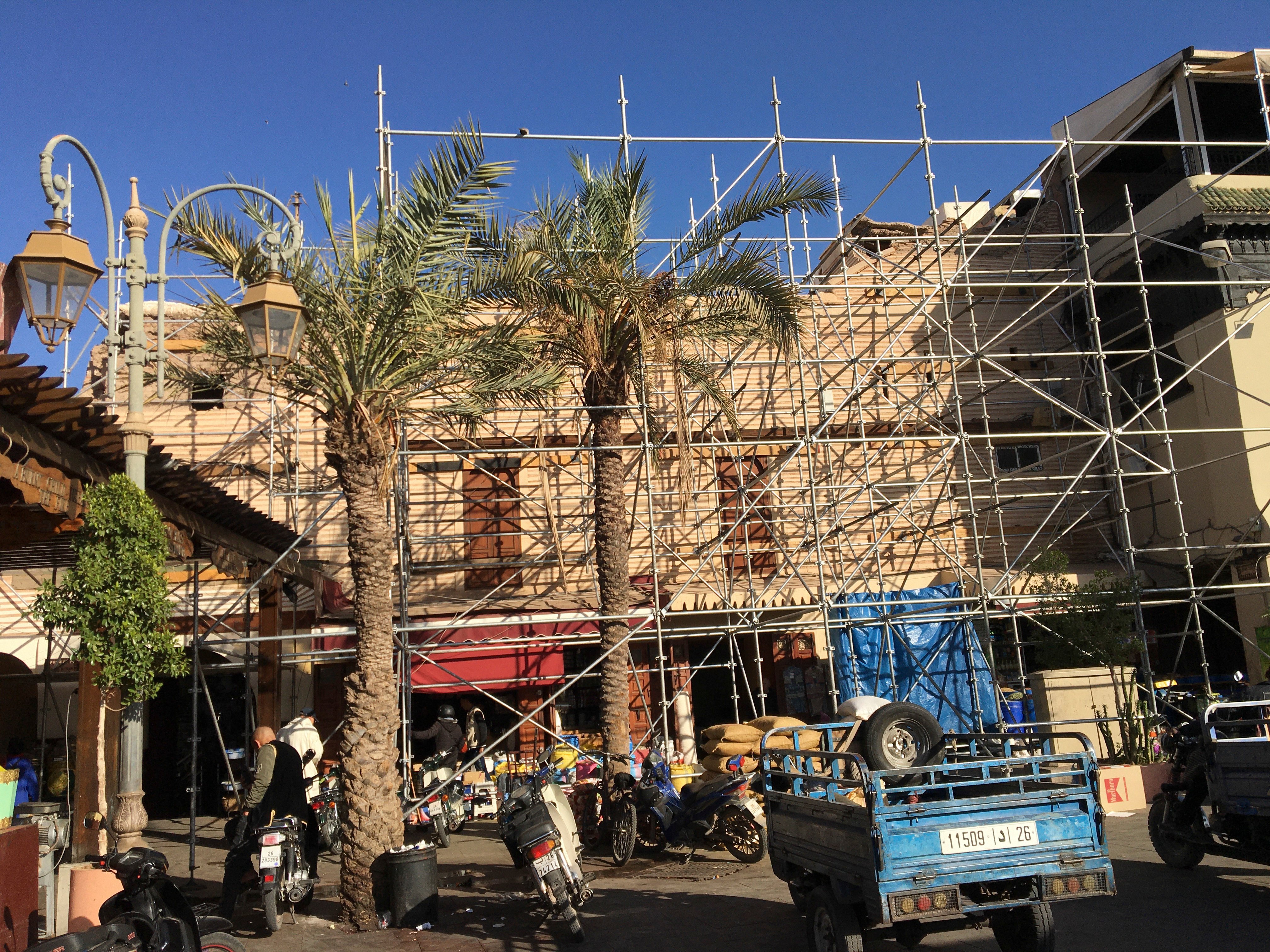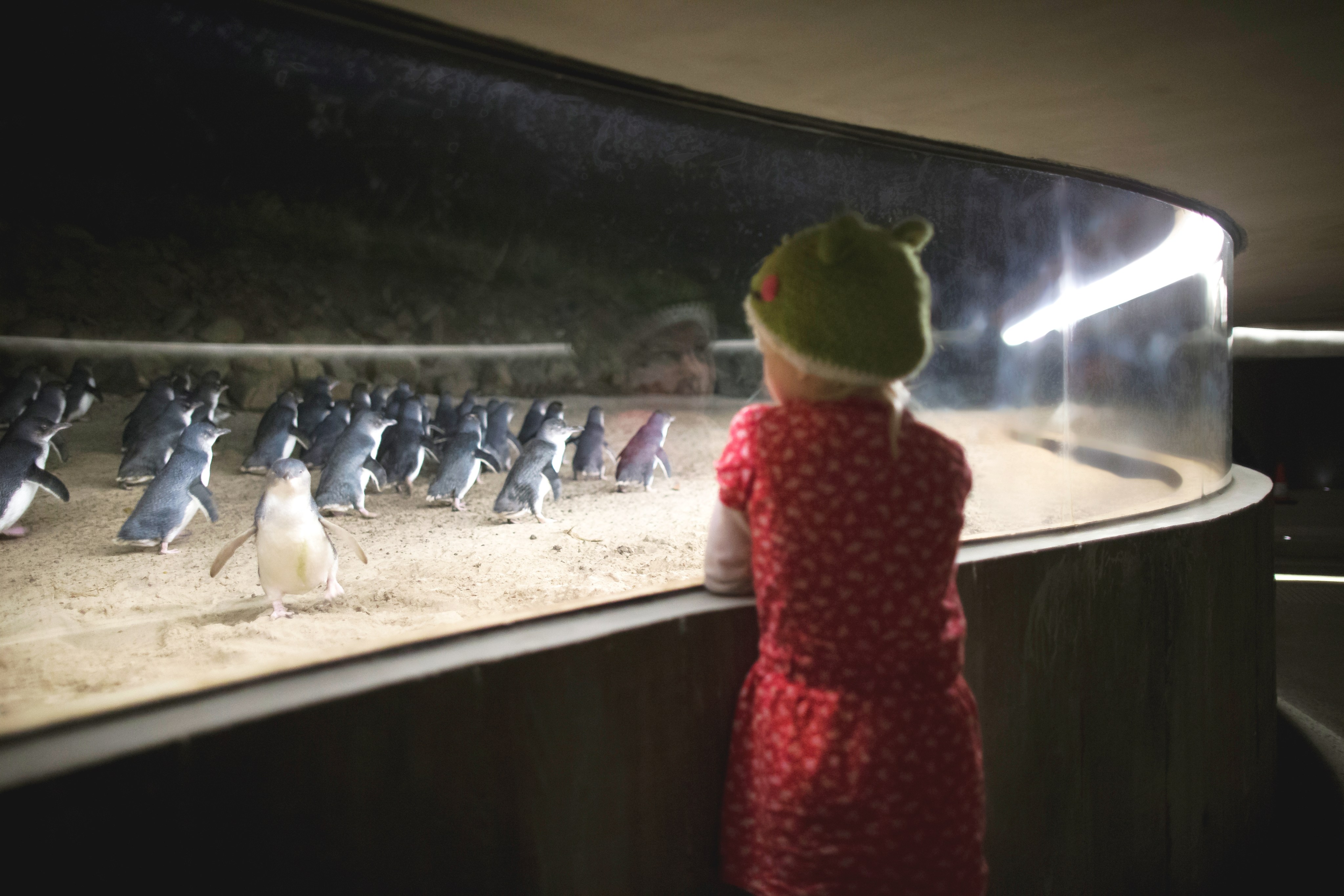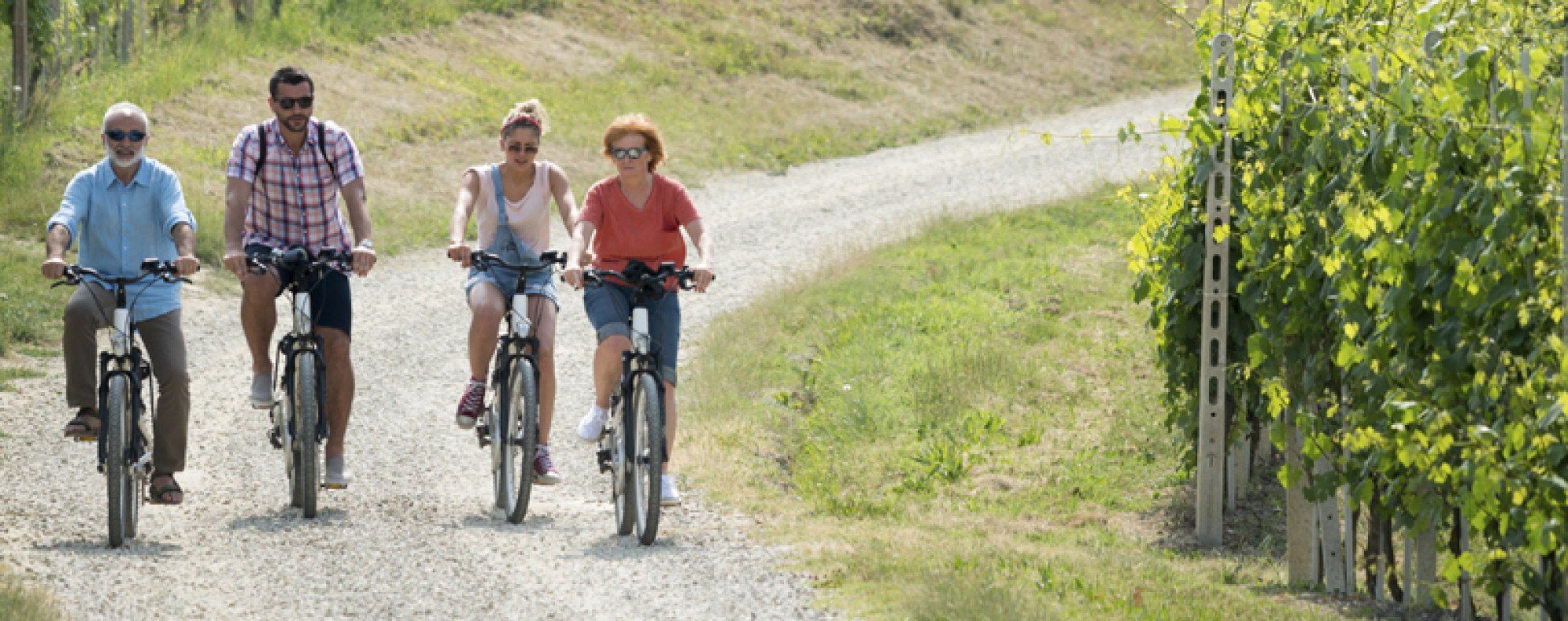
Topic

Sustainable tourism, ecotourism, ethical tourism, regenerative tourism are among the many terms used to appeal to travellers concerned about the increasing damage people are inflicting to life on planet Earth. Those who consider themselves responsible travellers wish to minimise the harm they cause to the environments and communities they pass through, perhaps even redress the balance in some small way. These articles are for them.
- An 18-day kayak trip from Satun to Phuket along the Andaman Sea coast reveals beaches and islets that would otherwise go unseen in a quiet part of Thailand
- On our journey we take in mangroves, estuaries and coastal villages. Some of the best views are enjoyed from affordable accommodation with plenty of character
Drowning under the weight of mass tourism, the historic Italian city will begin by levying the entry fee on busy days in the hope of persuading day trippers to come during quieter periods.
Mozambique is an unsung gem of African tourism. The Bazaruto Archipelago offers a chance to get up close to spectacular marine life – including the elusive dugong – without being too invasive.
Brazil will host the COP30 United Nations climate talks in Belem in the Amazon rainforest in 2025, and hopes the summit will boost its eco-tourism credentials and show it has more than beaches to offer.
A guided cycling tour through Intramuros, the oldest surviving part of Manila, in the Philippines, takes riders through courtyards and gardens, and to a site connected with the city’s darkest times.
To curb overtourism and foster more environmentally friendly travel, destinations from Venice to Kyoto are taxing visitors or restricting access. We look at tourism control measures around the world.
Airlines are being forced to reduce their carbon emissions by using expensive sustainable aviation fuel, and passengers will help pay for it. Singapore’s new tax on fares won’t be the last.
Once a sleepy fishing community, Mawella in southern Sri Lanka is becoming a tourist hotspot. Native villagers and newer residents have teamed up to protect their ‘virgin beach’.
Up to 5.5 billion wild animals are being farmed in terrible conditions and exploited for tourism, and for their fur, feathers, meat, or bile in the case of bears, according to a World Animal Protection report.
Guests who stay at SAii Phi Phi Island Village, on Thailand’s Phi Phi Don island, can be reassured bamboo sharks and clownfish are among the species benefiting from their custom.
The Host a Sister Facebook group was inspired by solo women’s travel horror stories. Its more than 550,000 female members offer accommodation and advice and help bring travellers together.
Barcelona is funnelling US$108 million raised by tourist tax into a fund to install solar-powered air conditioners in its schools, an idea other tourist-trap cities such as Paris and Venice could consider.
India’s only elephant hospital and a nearby conservation and care centre provide sanctuary for 32 rescued animals, offering educational tours and volunteer holidays during which visitors can muck in.
A cruise on the waterways of Bangkok in a boat powered by solar energy offers a tantalising glimpse of a quieter, less polluted life. Might more boat owners in the Thai capital embrace its potential?
A voyage around the islands of Palawan sailing on a traditional Filipino outrigger means no mod cons but includes reef swimming, dining on fresh fish and sea urchin, and nights at beach hideaways.
Enter Malaysia’s new Rompin State Park and you may think a dinosaur is about to stroll by, such is the primeval nature of its rainforest. We explore the park from a comfortable, modern eco-retreat.
Venice has started charging day trippers wishing to visit the city at peak periods to reduce overtourism. The US$5.50 tickets are available online. Those caught without one face fines of US$55 to US$330.
Is this hotel, on one of Indonesia’s most overlooked islands, the world’s best beach hideaway? With a barefoot luxury aesthetic, and grounded in the people and culture of its location, it has awards to suggest it might be
Chad’s Zakouma National Park has been transformed from a helpless victim of poaching to a must-see safari destination, where populations of elephants and giraffes are increasing.
Safari customers want more ethical experiences – ones that safeguard ecology – and operators have taken note, switching to solar power and electric vehicles and building sustainable camps and lodges.
A visit to Indonesia’s Borobudur Buddhist temple – the world’s largest – is a very different experience after new rules were imposed to preserve its ‘historic and cultural wealth’.
Marrakech, the tourism capital of Morocco in North Africa, suffered extensive damage from a 6.8 magnitude earthquake on September 8, but three months later the city is fixed up and ready for visitors.
Mangroves were in focus for their role as a weapon against climate change at the UN’s Cop28 summit in Dubai – where experts talked about protecting them through eco-tourism and more.
British broadcaster turns wildlife and landscape images from around the world shot by its Natural History Unit for David Attenborough series into a 360-degree immersive experience in Australia.
Falling populations of little penguins on Phillip Island led to the building of the Penguin Parade Visitor Centre, which allows visitors to view the birds up close without disrupting their lives.
Alcohol-free travel companies such as Hooked and We Love Lucid are catering to a growing sober tourism trend driven by travellers looking for deeper experiences unclouded by booze and hangovers.
Ecuador’s Chocó cloud forests are home to myriad and magnificent bird and animal species unique to this habitat, with new ones discovered each year. Nature-based tourism might just be their salvation.



